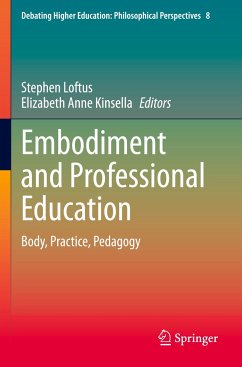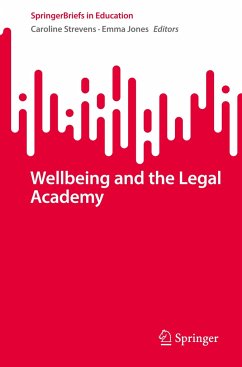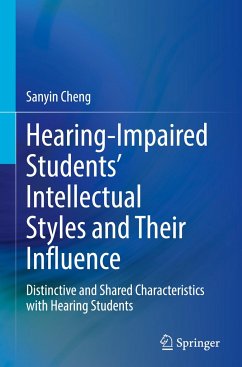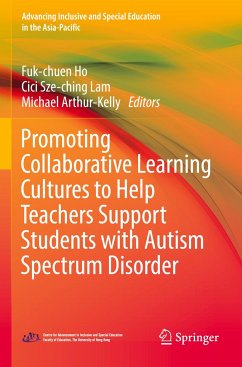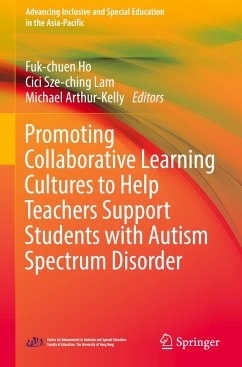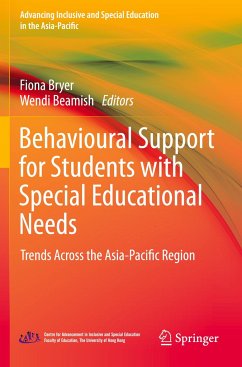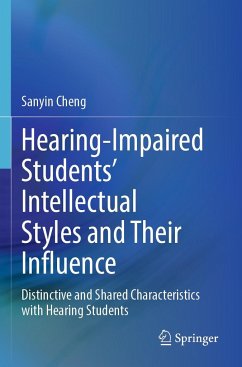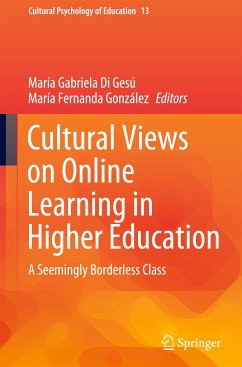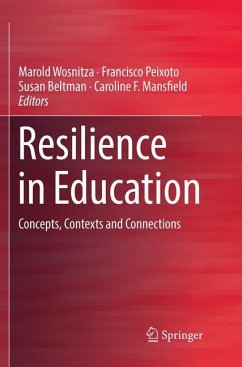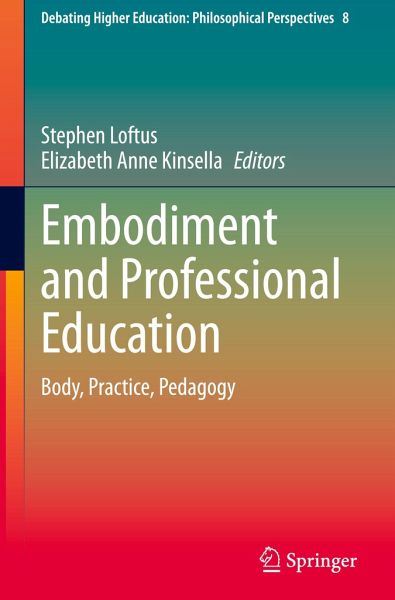
Embodiment and Professional Education
Body, Practice, Pedagogy
Herausgegeben: Loftus, Stephen; Kinsella, Elizabeth Anne

PAYBACK Punkte
58 °P sammeln!
This book draws attention to the ways in which an awareness of, and sensitivity to, embodiment can enlighten educational practices. It explores discourses from a range of thinkers, including Merleau-Ponty, Gadamer, Bakhtin, Haraway and Ahmed to name a few. The book argues that attention to embodiment can help us to reimagine the goals of education in ways that fit more coherently with human concerns and that offer the chance to provide education that is more holistic and grounded in our corporeality.Theories of embodiment can be used to modify education at the level of curriculum and at the le...
This book draws attention to the ways in which an awareness of, and sensitivity to, embodiment can enlighten educational practices. It explores discourses from a range of thinkers, including Merleau-Ponty, Gadamer, Bakhtin, Haraway and Ahmed to name a few. The book argues that attention to embodiment can help us to reimagine the goals of education in ways that fit more coherently with human concerns and that offer the chance to provide education that is more holistic and grounded in our corporeality.
Theories of embodiment can be used to modify education at the level of curriculum and at the level of pedagogy. This can help us design educational interventions that fit more naturally with how humans are inclined to learn and thus make educational experiences more meaningful. Attention to embodiment allows us to appreciate the extent to which the body appropriates a professional practice and the extent to which a professional practice appropriates the body of the learner. It shows how greater sensitivity to the body can enliven and enlighten our educational practices, especially in professional education.
Theories of embodiment can be used to modify education at the level of curriculum and at the level of pedagogy. This can help us design educational interventions that fit more naturally with how humans are inclined to learn and thus make educational experiences more meaningful. Attention to embodiment allows us to appreciate the extent to which the body appropriates a professional practice and the extent to which a professional practice appropriates the body of the learner. It shows how greater sensitivity to the body can enliven and enlighten our educational practices, especially in professional education.



